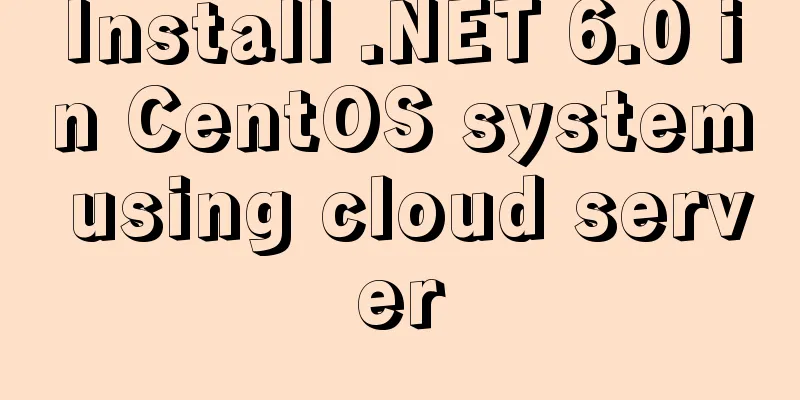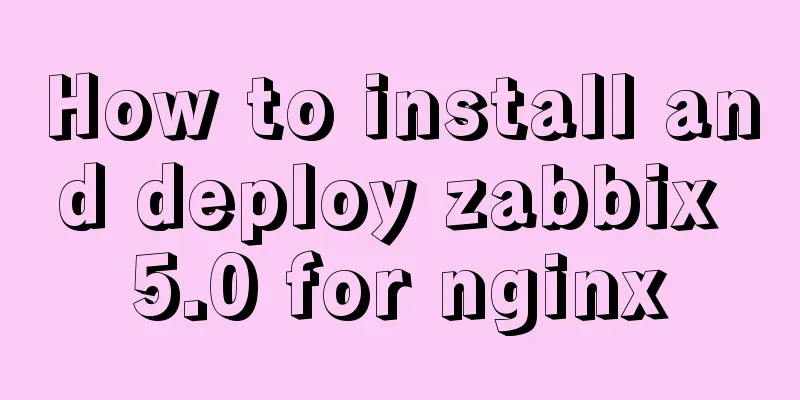uniapp project optimization methods and suggestions

1. Encapsulate complex page data areas into components Scenario: For example, the project contains a forum page like this: Clicking a like icon will immediately increase the number of likes by 1, which will cause all the data at the page level to be synchronized from the js layer to the view layer, causing the data of the entire page to be updated, resulting in click delays and freezes. Optimization plan: For complex pages, when updating data in a certain area, you need to make this area into a component, so that when updating data, only this component is updated. Note: app-nvue and h5 do not have this problem; the reason for the difference is that the applet currently only provides a mechanism for updating component differences and cannot automatically calculate all page differences. 2. Avoid using large images Scenario: If a page uses a large number of large image resources, it will cause page switching to be stuck, resulting in increased system memory and even white screen crash; base64 conversion of large binary files is also very resource-intensive. Optimization plan: Please compress the images before use, avoid using large images, and consider using sprites or SVG if necessary. Do not use images if simple code can achieve the desired result. 3. Mini Programs and APPs process too many pages in subpackages Go to the official website manual to view the configuration 4. Lazy loading of images Functional description: 5. Prohibit the abuse of local storage Do not abuse local storage. Use URLs to pass parameters between local pages. If you use local storage to pass data, you must name it in a standardized manner and destroy it on demand. 6. Variables can be defined externally In uni-app, the data defined in data will notify the view layer to re-render the page every time it changes; so if the variable is not required by the view, it can be defined in data. You can define the variable externally or mount it directly on the vue instance to avoid wasting resources. 7. Load data in batches to optimize page rendering Scenario: Optimization plan: 8. Avoid frequent communication between the view layer and the logic layer
9. CSS Optimization You need to know which properties have inherited effects, such as font, font color, and text size. Do not repeat meaningless code. 10. Make good use of throttling and anti-shake Image stabilization: 11.Optimize page switching animation Scenario: Optimization plan:
12.Optimize the background color flash white Scenario: Optimization plan: Writing styles in App.vue can speed up page style rendering; the styles in App.vue are global styles. Each time a new page is opened, the styles in App.vue will be loaded first, and then the styles of ordinary vue pages will be loaded. The app can also configure the native background color of the page separately in the style of the page in pages.json, for example, configure the global background color under globalStyle->style->app-plus->background
"style": { "app-plus": { "background":"#000000" } }
The nvue page does not have this problem, and you can also change to the nvue page 13. Optimize startup speed
App is set as a pure nvue project (set renderer: "native" under app-plus in the manifest). This kind of project starts faster and can be started in 2 seconds; because it uses native rendering throughout the application and does not load the framework based on webview 14. Optimize package size
15. Prohibit the abuse of external js plug-ins describe: This is the end of this article about uniapp project optimization methods and suggestions. For more relevant uniapp project optimization content, please search for previous articles on 123WORDPRESS.COM or continue to browse the related articles below. I hope everyone will support 123WORDPRESS.COM in the future! You may also be interested in:
|
<<: Tutorial on installing Microsoft TrueType fonts on Ubuntu-based distributions
>>: Analysis of MySQL's planned tasks and event scheduling examples
Recommend
Teach you how to create a project using vue-cli3 in five minutes (beginner's guide)
Table of contents 1. Build the Vue environment 2....
The difference between char and varchar in MYSQL
CHAR and VARCHAR types are similar, differing pri...
JavaScript to achieve click image flip effect
I was recently working on a project about face co...
Solution to MySQL failure to start
Solution to MySQL failure to start MySQL cannot s...
Linux uses Rsync+Inotify to achieve real-time synchronization of local and remote data
0x0 Test Environment The headquarters production ...
Solution to Mysql binlog log file being too large
Table of contents 1. Related binlog configuration...
Detailed explanation of the application of meta tags in mobile platform development
Everyone is familiar with the meta tag in desktop...
A brief discussion on JS packaging objects
Table of contents Overview definition Instance Me...
How to make a website front end elegant and attractive to users
The temperament of a web front-end website is a fe...
MyBatis dynamic SQL comprehensive explanation
Table of contents Preface Dynamic SQL 1. Take a l...
How to implement HTML Table blank cell completion
When I first taught myself web development, there...
Play mp3 or flash player code on the web page
Copy code The code is as follows: <object id=&...
A brief introduction to VUE uni-app basic components
1. scroll-view When using vertical scrolling, you...
Detailed explanation of command to view log files in Linux environment
Table of contents Preface 1. cat command: 2. more...
mysql three tables connected to create a view
Three tables are connected. Field a of table A co...









